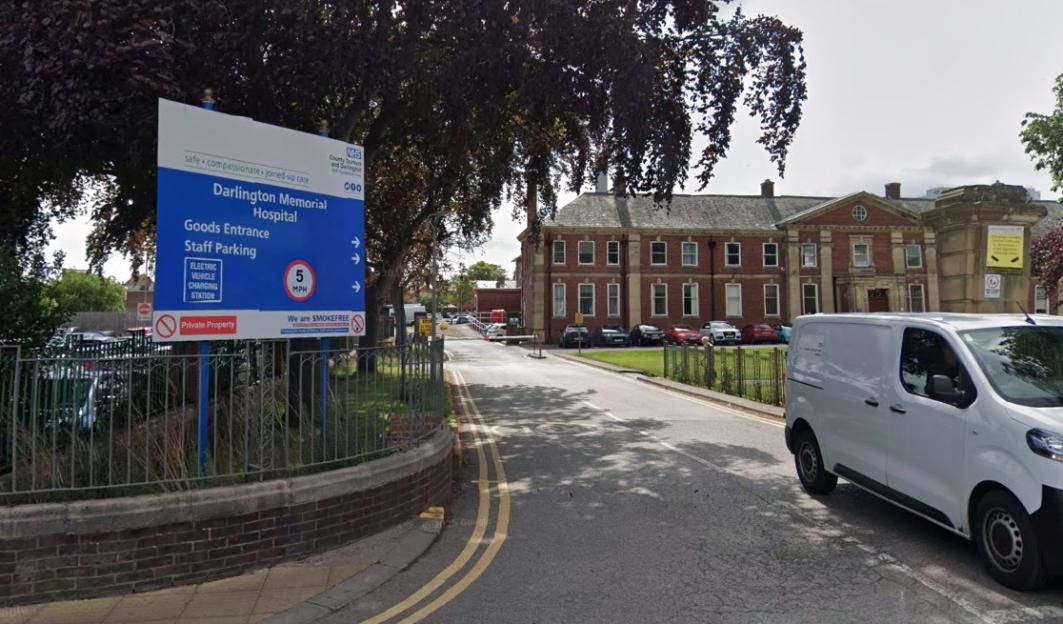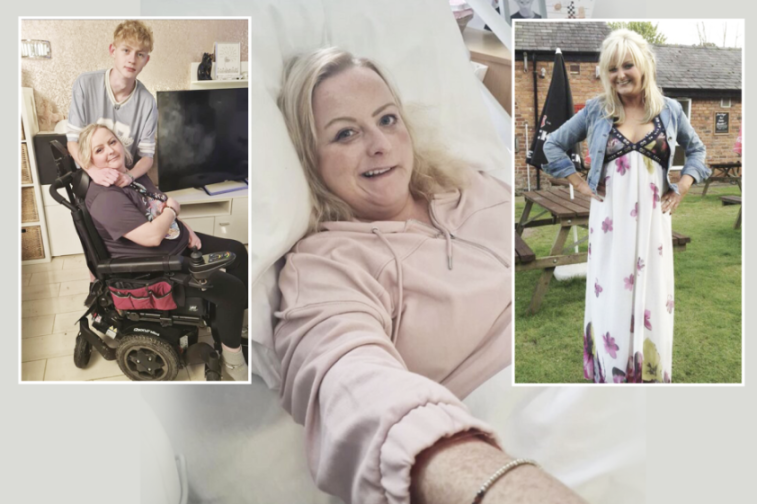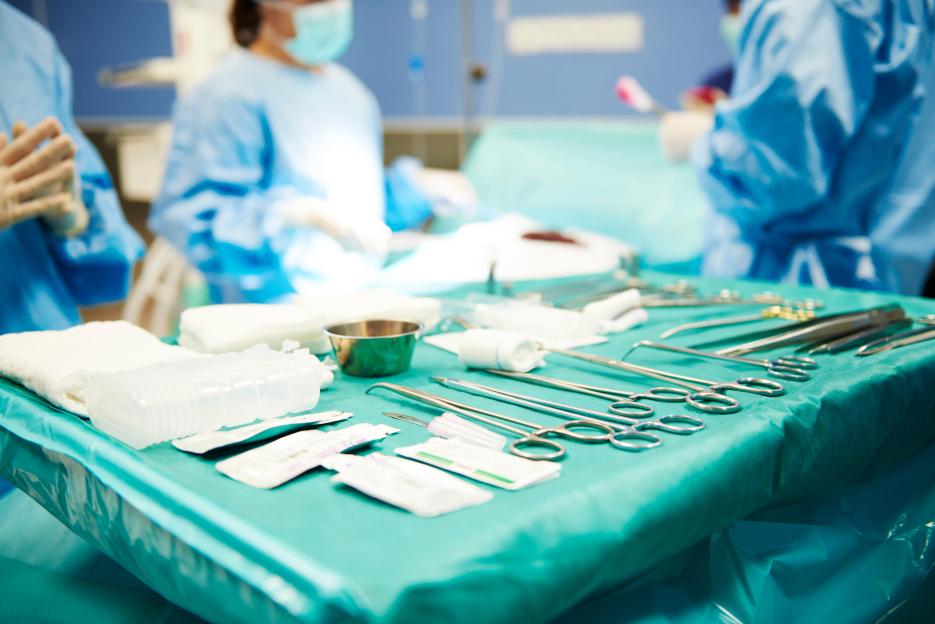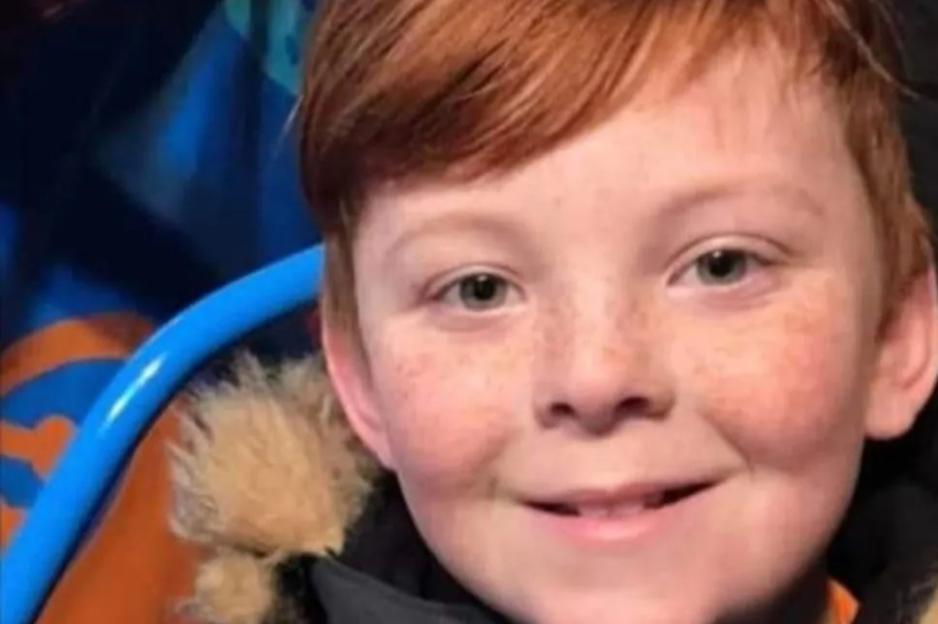HUNDREDS of women say they were either ‘butchered’, suffered unnecessary mastectomies or were left traumatised by an NHS breast unit now under investigation
Women say the service missed and stripped them of dignity, with one claiming she was treated like she was on a “conveyor belt” at the trust in north-east England.
 ‘Women and their families who have been harmed because of our substandard care,’ CDDFT saidCredit: Google Maps
‘Women and their families who have been harmed because of our substandard care,’ CDDFT saidCredit: Google Maps
More than 200 cases are now being formally reviewed at County Durham and Darlington NHS Foundation Trust (CDDFT), from where the claims originate.
And at least 43 of these are reported to involve significant harm – and one death is also being examined.
In total, almost 1,600 patient records from the breast service are being examined as part of wider checks, as a leading expert says that what went on at the trust was “a textbook example of how not to carry out breast cancer management”.
Kate Driver, who spoke to the BBC after being treated by CDDFT’s service, said she found a lump before Christmas 2023.
She was referred by her to the trust for an appointment with a specialist.
Although this was an NHS appointment, it took place at a private clinic held at Spire Hospital in Washington, where she was seen by Mr Amir Bhatti, the trust’s clinical lead for breast surgery.
He carried out a test known as a fine needle aspiration (FNA), during which a sample of cells is extracted to test for cancer.
FNA tests are not considered best practice for breast biopsies because they can produce inadequate samples and lead to the risk of missed, incomplete or delayed diagnoses.
The 31-year-old, from Chester-le-Street, then waited weeks for answers before finally being told she had cancer.
She said the slow and chaotic process left her feeling as though no one cared.
“I couldn’t eat, I couldn’t sleep. It just made it felt like no-one really cared, no-one was taking it seriously.” Kate said.
She was then told she would need a mastectomy, but advised that because of her particular type of cancer, she should not have breast reconstruction at the same time.
A second opinion in Newcastle confirmed she should have been offered it. The trust has apologised.
The County Durham and Darlington NHS trust has apologised to Kate, saying her care “fell below acceptable standards”.
Research from 2024 shows that almost half of women diagnosed with breast cancer at the County Durham trust had a mastectomy.
According to 2022 parliamentary evidence, given by the charity Breast Cancer Now, the UK average was about 27 per cent.
 Women were being treated by doctors like they were on a “conveyor belt”, one patient saidCredit: Getty
Women were being treated by doctors like they were on a “conveyor belt”, one patient saidCredit: Getty
In addition, only 7.5 per cent of mastectomies carried out by CDDFT were followed by immediate breast reconstruction – far below the national recommended minimum of 25 per cent.
Dawn Gillott is another breast cancer patient whose treatment at the trust is being investigated.
She said she had been given no option except mastectomy, which caused a massive scar which has left her feeling “butchered”.
“I can’t look in the mirror at myself after having a bath because the scar is just a constant reminder that it’s horrific.”
The operation has also left Dawn in constant pain across her chest and under her armpit.
“Was my mastectomy necessary?” she said. “Maybe it wasn’t. Maybe I could have had a lumpectomy.”
Operations were carried out ‘too quickly’
Catriona McEvoy, from Stanley in County Durham, was one of the women who accused the trust of a lack of compassion and care.
She said she felt stripped of dignity when a doctor sliced open her infected breast without warning or pain relief.
The doctor who performed this procedure is now under supervision, the trust said.
Women were being treated by doctors like they were on a “conveyor belt”, she explained.
An independent review by governance specialist Mary Aubrey found a string of failings inside the breast service.
It said outdated clinical practices did not meet national guidance and led to delayed diagnoses and cancers being missed.
She also flagged a high rate of repeat operations, low levels of immediate reconstruction after mastectomy and operations that appeared to be carried out “too quickly”.
It also raised concerns about appointments being outsourced in a way that created a conflict of interest and posed a risk to clinical standards.
The review said concerns had been raised as far back as 2012, when the trust lost its training centre status, but warnings were repeatedly ignored.
CDDFT has apologised to “women and their families who have been harmed because of our substandard care”, admitting warning signs had been repeatedly “missed or not acted upon”.
What are the signs of breast cancer?
BREAST cancer is the most common type of cancer in the UK.
The majority of women who get it are over 50, but younger women and, in rare cases, men can also get breast cancer.
If it’s treated early enough, breast cancer can be prevented from spreading to other parts of the body.
Breast cancer can have a number of symptoms, but the first noticeable symptom is usually a lump or area of thickened breast tissue.
Most breast lumps aren’t cancerous, but it’s always best to have them checked by your doctor. You should also speak to your GP if you notice any of the following:
- a change in the size or shape of one or both breasts
- discharge from either of your nipples (which may be streaked with blood)
- a lump or swelling in either of your armpits
- dimpling on the skin of your breasts
- a rash on or around your nipple
- a change in the appearance of your nipple, such as becoming sunken into your breast
Source: NHS
‘An incentive to see as many people as possible’
BBC Local Investigations found almost £6 million of NHS money was paid to private clinics run out of hours by the trust’s former breast surgery lead, Mr Amir Bhatti.
His company was paid per patient seen, a setup one expert said encouraged rapid turnover.
This arrangement was considered “overly generous” by some staff, who were interviewed for a Royal College of Surgeons (RCS) report into treatment and care at the trust, published earlier this year.
Clinics often ran late into the night and surgeons raced through long lists.
One mastectomy with lymph node surgery was completed in 28 minutes according to a RCS review.
“Obviously there was an incentive to see as many people as possible because of the per capita payment,” says Prof Ian Fentiman, emeritus professor of surgical oncology at King’s College London.
Mr Bhatti is no longer treating breast cancer patients while checks continue.
He denies wrongdoing and said serving the best interests of patients is paramount.
Serious concerns were raised about the breast service as far back as 2012.
Reviews by expert teams found outdated practices, high re-operation rates and repeated failures to spot cancers.

‘Determined to make changes’
New chief executive Steve Russell apologised to women and their families.
“The important thing to do… is to say how deeply sorry I am, that women who have been cared for in our breast services have been let down by us,” Steve said.
“I can only imagine the distress and pain that has been caused to the individuals and their families and the loss of trust and confidence in us as an organisation.”
“It is true to say that there were a number of missed opportunities. It was not good enough and it is not good enough that we were too slow to act on the information that was there.”
He adds: “I’m determined to make changes so that it doesn’t happen again.”
The trust stopped using the out-of-hours clinics run by Mr Bhatti earlier this year. He is no longer clinical lead of the breast service, treating breast cancer patients or performing surgery, while investigations continue.
In a statement to the BBC, his spokesperson said: “Mr Bhatti has been raising concerns about the adequacy of equipment in the breast cancer department since May 2021.
“He looks forward to working with all those involved in any way required.
The treatment options for breast cancer in women
BREAST cancer treatment depends on the type and size of the cancer, whether it has spread and your overall health.
Most people will have surgery, with other treatments used to shrink the tumour, stop it returning or manage symptoms.
Surgery
This removes the cancer. This may be breast-conserving surgery, a full mastectomy or removal of lymph nodes. Some people choose breast reconstruction, either at the same time or later.
Radiotherapy
This uses targeted radiation to kill cancer cells. Often given after surgery to lower the risk of the cancer coming back.
Chemotherapy:
Cancer-killing drugs like chemotherapy used before surgery to shrink the tumour, after surgery to reduce recurrence, or to control symptoms in secondary cancer.
Hormone Therapy
This blocks or lowers hormones that fuel certain breast cancers. Used before or after surgery or to manage secondary breast cancer.
Targeted Drugs & Immunotherapy
Modern treatments like these that attack cancer cells directly or boost the immune system. Used before or after surgery, or if the cancer has spread.
If the cancer cannot be cured
Treatment focuses on slowing the cancer, easing symptoms and helping you feel as well as possible.
Specialist palliative care teams offer support for you and your family.
Source: NHS






